The 7 Best Seasonings for Chili (That Will Make Your Taste Buds Scream for Mercy)
Table of Contents
- Why Seasoning Matters in Chili
- The Top 7 Seasonings for Chili
- Pro Tips for Perfectly Seasoned Chili
- Spice Showdown: Mild vs. Bold vs. Nuclear
- Spice Pairings That Pack a Punch
- Final Thoughts
Why Seasoning Matters in Chili
If you've ever tasted a bowl of chili that felt more like warm tomato soup with an identity crisis, you know how crucial seasoning is.
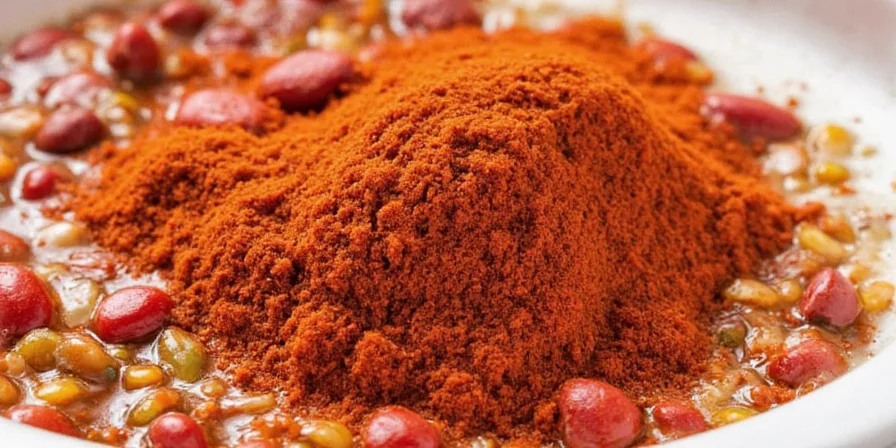
Chili is more than meat and beans—it's a flavor symphony where each ingredient plays its part. And the conductor? You guessed it—seasoning. Whether you're making a classic Texas-style, white chicken chili, or something completely experimental, getting the seasoning right can make all the difference.
The Top 7 Seasonings for Chili
Here’s the all-star lineup of spices that deserve a spot in your next chili masterpiece:
1. Ground Cumin
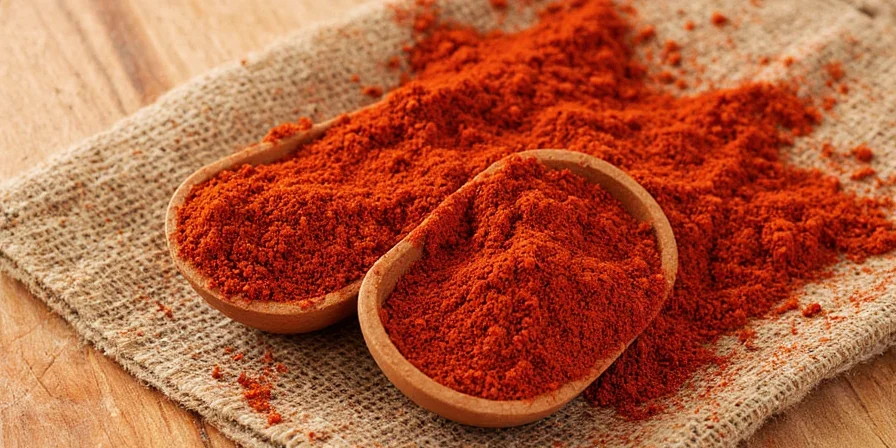
Often referred to as “the backbone of chili,” cumin brings a warm, earthy depth. It helps tie together the sweetness of tomatoes and the smokiness of other spices without stealing the spotlight.
Tip: Toast whole cumin seeds before grinding for a more robust flavor.
2. Chili Powder
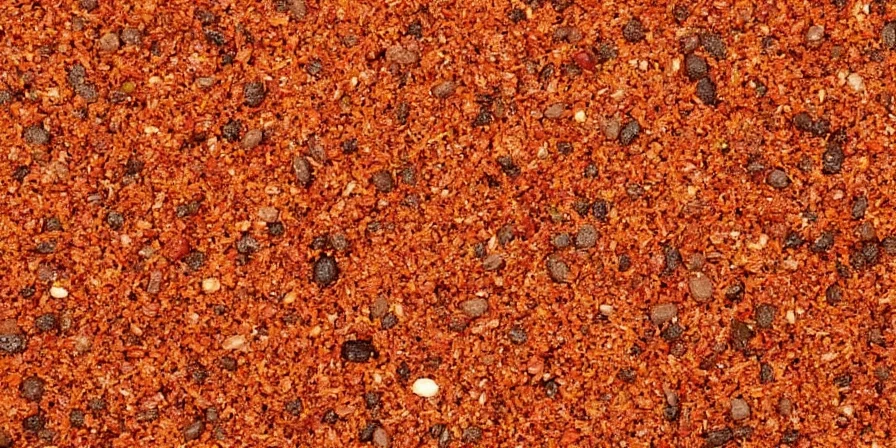
Yes, it’s called chili powder, but not all chili powders are created equal. Some are blends, some are pure chilies ground up. Look for quality brands or mix your own!
Tip: Always check the label—some store-bought versions contain a lot of filler (read: garlic powder and salt).
3. Smoked Paprika
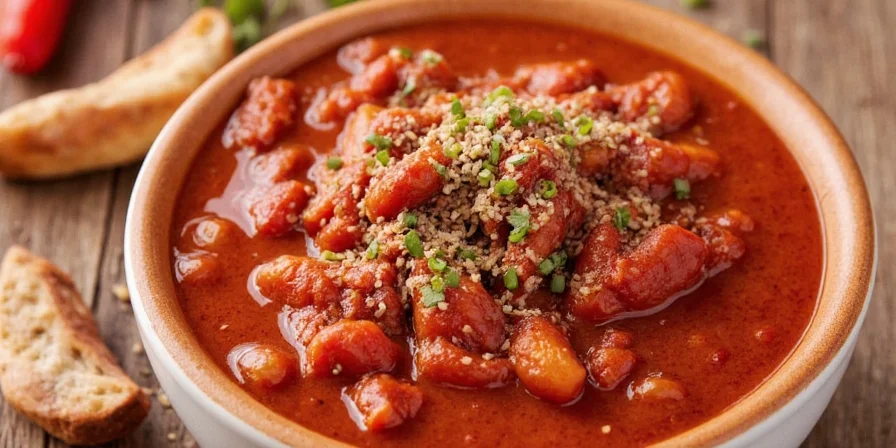
This one’s a game-changer. Smoked paprika adds a deep, campfire-like richness that’ll make your kitchen smell like a Texas BBQ joint.
Tip: Use sparingly—it’s potent!
4. Garlic Powder (or Fresh Garlic!)
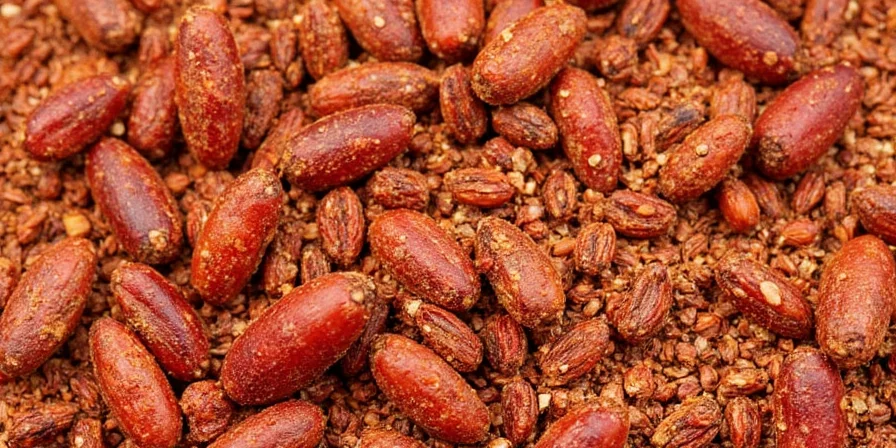
Garlic is the unsung hero here. It enhances everything else in the pot. If you’re using fresh garlic, add it early so it has time to mellow into the background.
Tip: Roast a few cloves before chopping for a sweeter, less aggressive flavor.
5. Dried Oregano
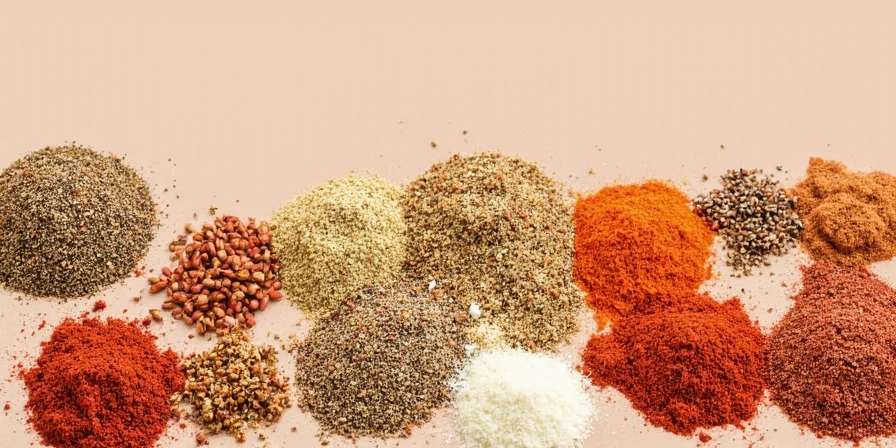
Oregano gives chili that herbaceous lift it needs to avoid tasting too heavy. Mexican oregano is ideal, but Mediterranean oregano works in a pinch.
Tip: Crush it between your fingers before adding to release essential oils.
6. Cayenne Pepper
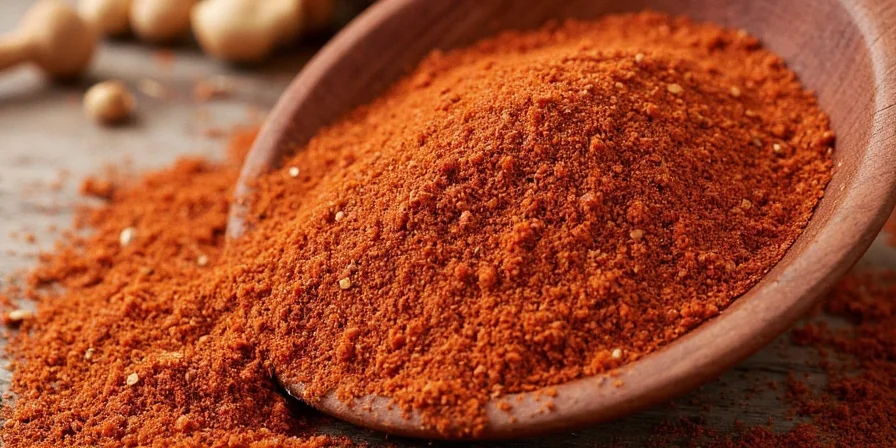
Want some heat? Cayenne’s your friend. It’s got a clean burn and doesn’t muddy the flavor profile like some hotter peppers might.
Tip: Add gradually—remember, you can always add more later!
7. Dark Cocoa Powder
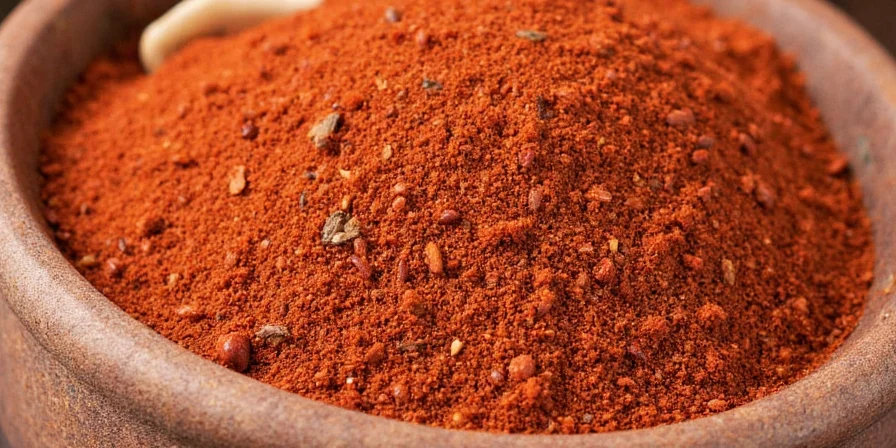
Crazy? Maybe. Effective? Absolutely. A dash of dark cocoa adds complexity and balances acidity. Think of it as the secret handshake of chili.
Tip: Use unsweetened cocoa powder only—no hot chocolate mix!
Pro Tips for Perfectly Seasoned Chili
So you’ve got your spices lined up. Now let’s talk technique:
- Toast your spices first. In a dry pan or with a little oil, toast whole or ground spices for a few seconds to unlock their aroma.
- Bloom the flavors. Add your ground spices to the pot along with your onions and garlic, cooking them briefly before adding liquids.
- Taste, taste, taste. After simmering, do a final taste test. Adjust salt, heat level, or add a splash of vinegar or lime juice to brighten things up.
- Let it rest. Letting chili sit overnight allows the flavors to meld and deepen.
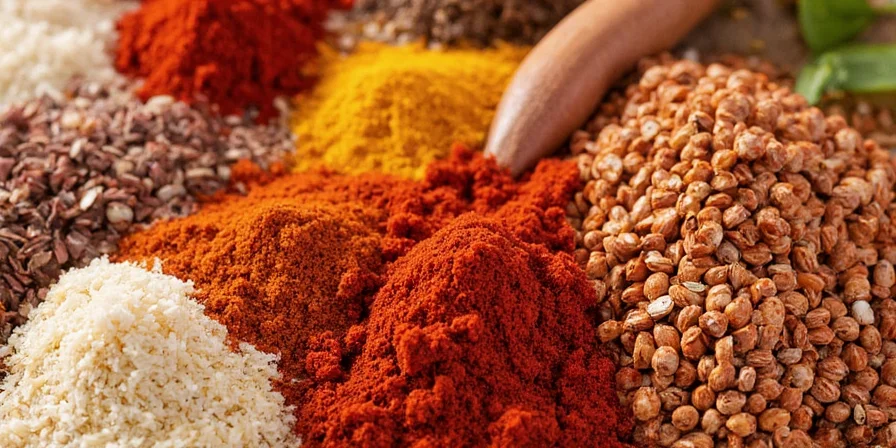
Spice Showdown: Mild vs. Bold vs. Nuclear
Depending on your audience—or your appetite—you may want to adjust the spice levels. Here's a quick guide to tailor your chili:
| Heat Level | Best For | Key Spices | Optional Additions |
|---|---|---|---|
| Mild | Kids, chili newcomers, sensitive palates | Cumin, chili powder, smoked paprika | A dash of cinnamon or brown sugar for warmth and balance |
| Bold | Family dinners, casual chili lovers | All of the above plus oregano and garlic | Slight kick from cayenne or chipotle in adobo |
| Nuclear | Heat seekers, chili competitions, revenge cooking | Double the cayenne, habanero, or ghost pepper powder | Lime crema or avocado slices to soothe the flames |
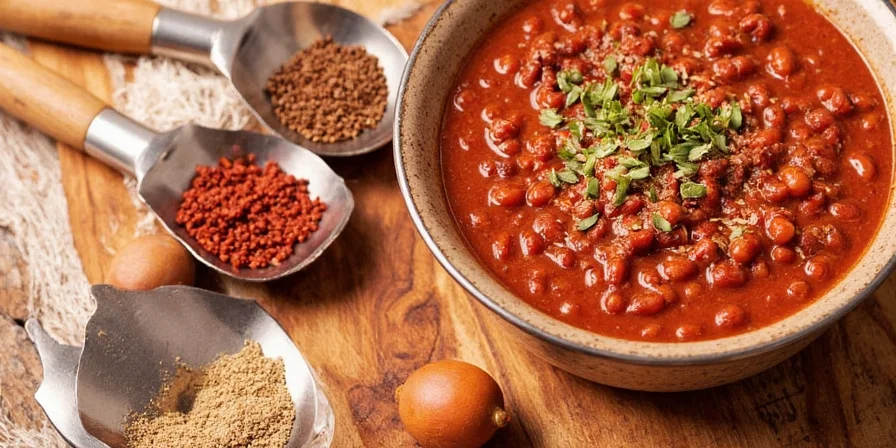
Spice Pairings That Pack a Punch
Ever heard of spice synergy? Some flavors just love hanging out together:
- Cumin + Coriander: The dynamic duo of warmth and citrusy brightness.
- Smoked Paprika + Bacon: If you’re adding bacon (and why wouldn’t you?), this combo is magic.
- Cayenne + Lime: Brightens the heat and makes every bite pop.
- Dark Cocoa + Coffee: Stir in a shot of espresso for intense depth.
- Garlic + Onion + Salt: The holy trinity of savory flavor.
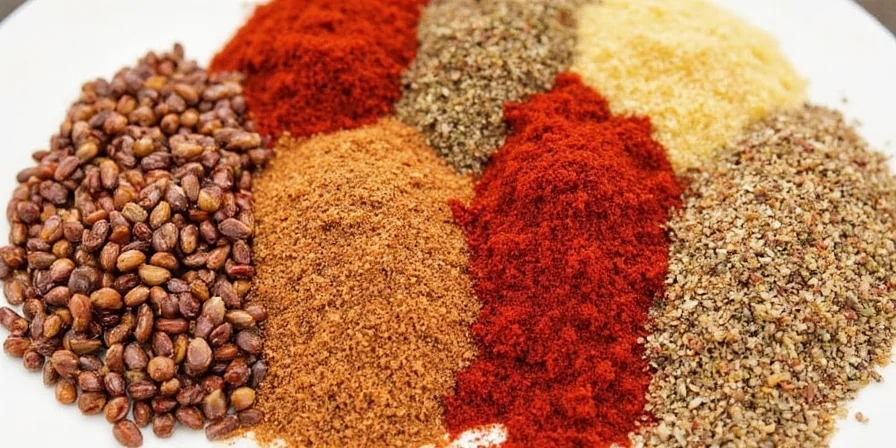
Final Thoughts
At the end of the day, the best seasoning for chili is the one that makes YOUR heart—and taste buds—happy. There’s no single recipe for perfection, but armed with these top-tier spices and a few clever tricks, you’re well on your way to chili greatness.
Remember: season with intention, taste fearlessly, and don’t be afraid to experiment. Whether you’re feeding a hungry family or entering your latest batch in a competition, great chili starts with the perfect spice blend.
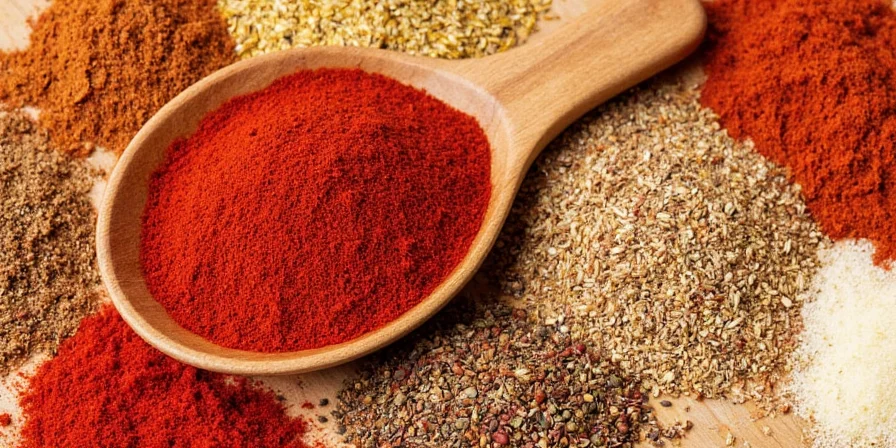

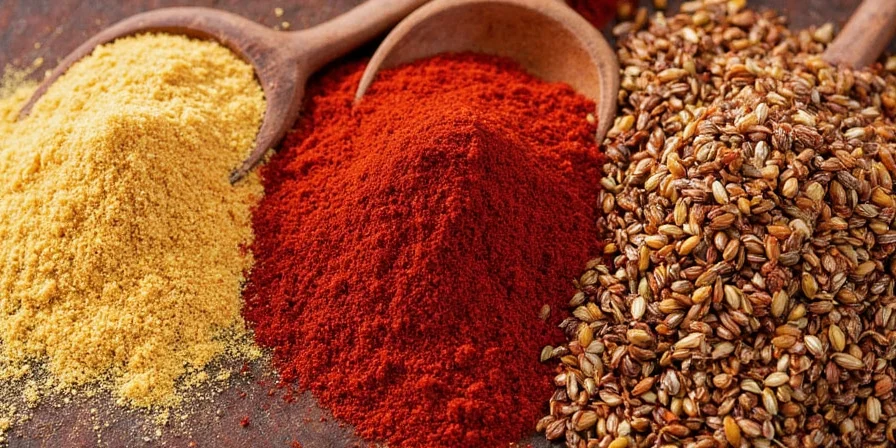









 浙公网安备
33010002000092号
浙公网安备
33010002000092号 浙B2-20120091-4
浙B2-20120091-4